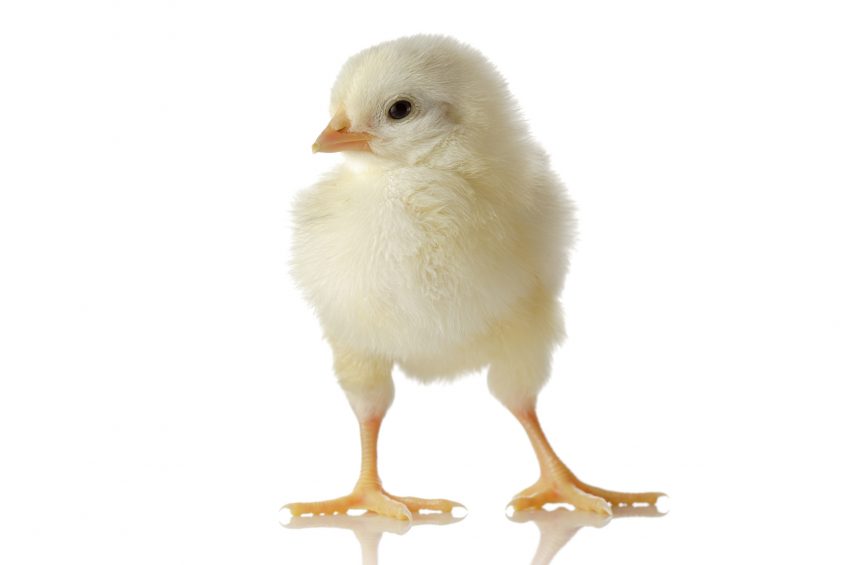Hop based antimicrobial can reduce Clostridium

US researchers studied the chicken intestine microbiota following administration of Lupulone, a hop-based antimicrobial.
The use of antibiotic growth promotants in US poultry rearing is a public health concern due to antibiotic resistance in bacteria and the harborage of resistance genes. Lupulone, a hop β-acid from Humulus lupulus, has been considered as a potential feed additive growth promotant.
In this study, the effect of lupulone was evaluated for its effect on the microbiota of the chicken intestine. The intestinal microbiota of broilers was quantified after addition of 125 mg L(-1) lupulone to water and challenge with Clostridium perfringens.Microbial DNA was extracted from the broiler midgut and cecal sections and bacterial groups were quantified using real-time PCR. The predominant cecal bacterial groups were Clostridium leptum subgroup 16S rRNA Cluster IV, Clostridium coccoides subgroup 16S rRNA Cluster XIVa and XIVb and Bacteroides, whereas Lactobacillus, the Enterobacteriaceae family and Enterococcus dominated the midgut.
It was shown that Lupulone at 125 mgL(-1) significantly decreased the Clostridium perfringens subgroup 16S rRNA Cluster I, which contains several pathogenic species, in both the midgut and cecum and Lactobacillus in the midgut. No significant changes were noted in the overall microbiota for the cecum or the midgut. Lupulone warrants further evaluation as a botanical agent to mitigate C. perfringens overgrowth in antibiotic-free reared poultry.
[Source: Federation of European Microbiological Societies]













